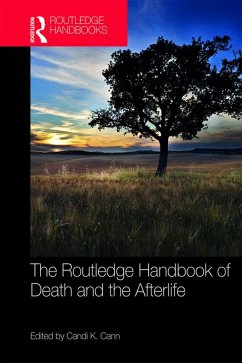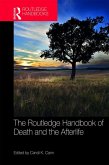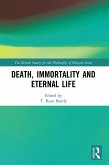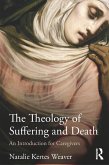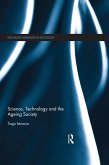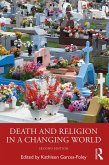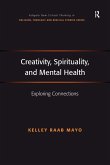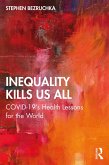Dieser Download kann aus rechtlichen Gründen nur mit Rechnungsadresse in A, B, BG, CY, CZ, D, DK, EW, E, FIN, F, GR, HR, H, IRL, I, LT, L, LR, M, NL, PL, P, R, S, SLO, SK ausgeliefert werden.
-Karma Lekshe Tsomo, University of San Diego, USA
"The Routledge Handbook of Death and the Afterlife is largely a work by authors with expertise in religious studies, anthropology, sociology, psychology, history, medicine, architecture, and death studies (thanatology). It is therefore interdisciplinary (or multi-disciplinary) in nature.
[...]While the contributors range from seasoned experts in their fields to graduate students working on their doctoral dissertations, all the chapters are of good quality and written so that they may benefit academics while being accessible to upper-level undergraduates."
-Charles Taliaferro, Saint Olaf College, Religious Studies Review

